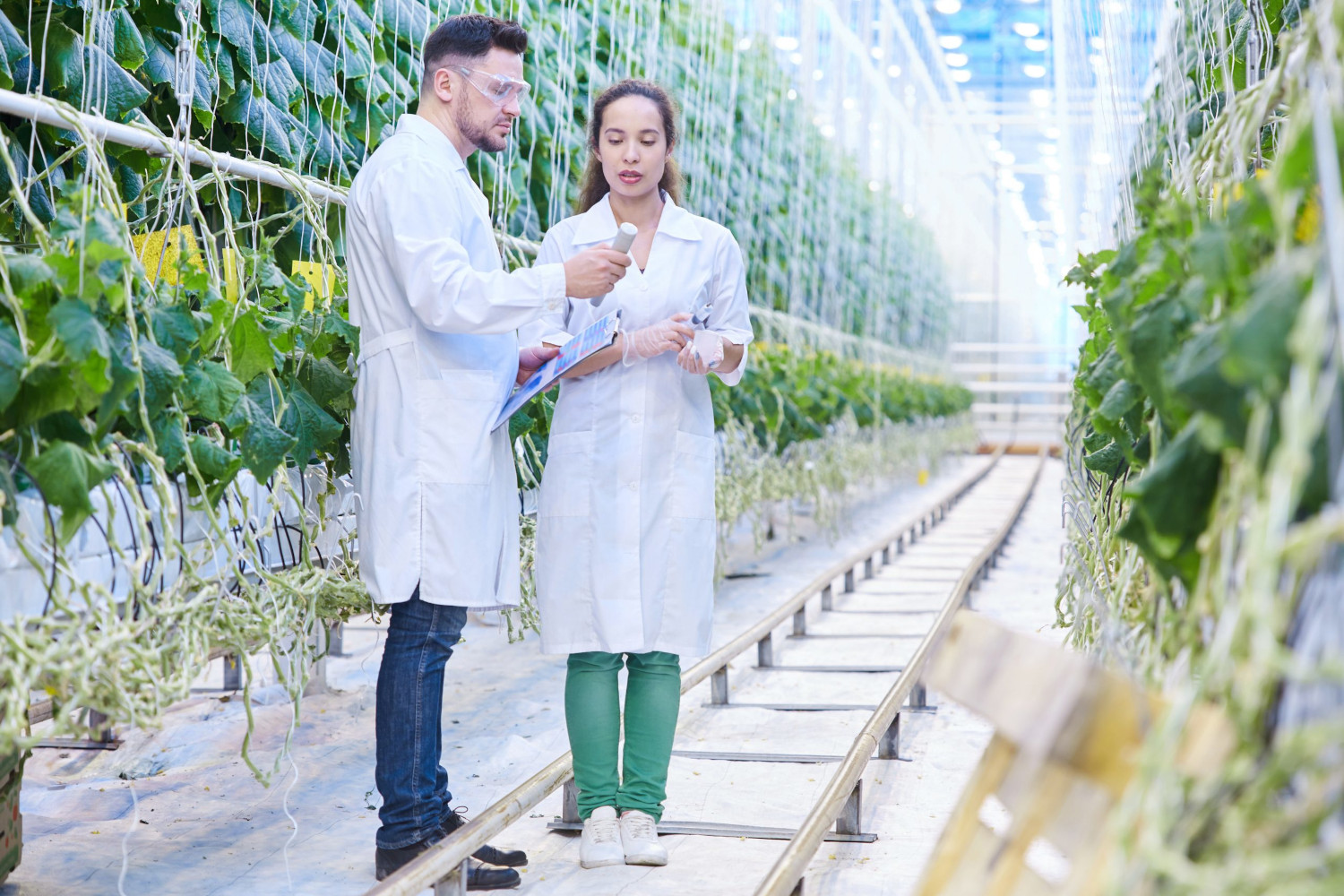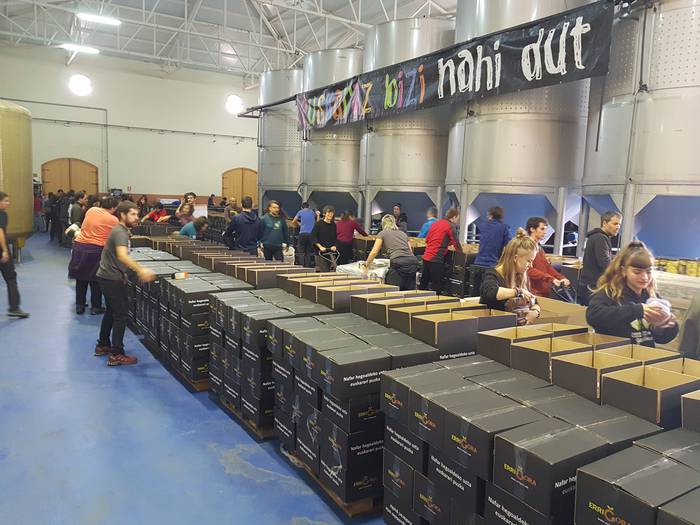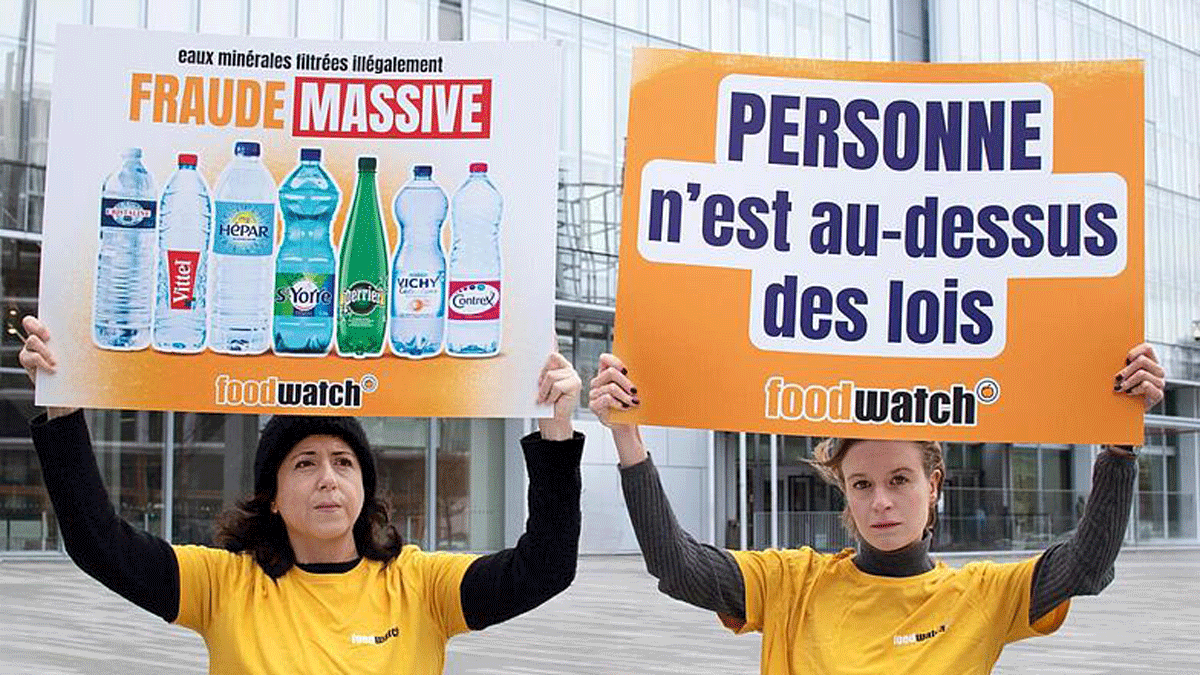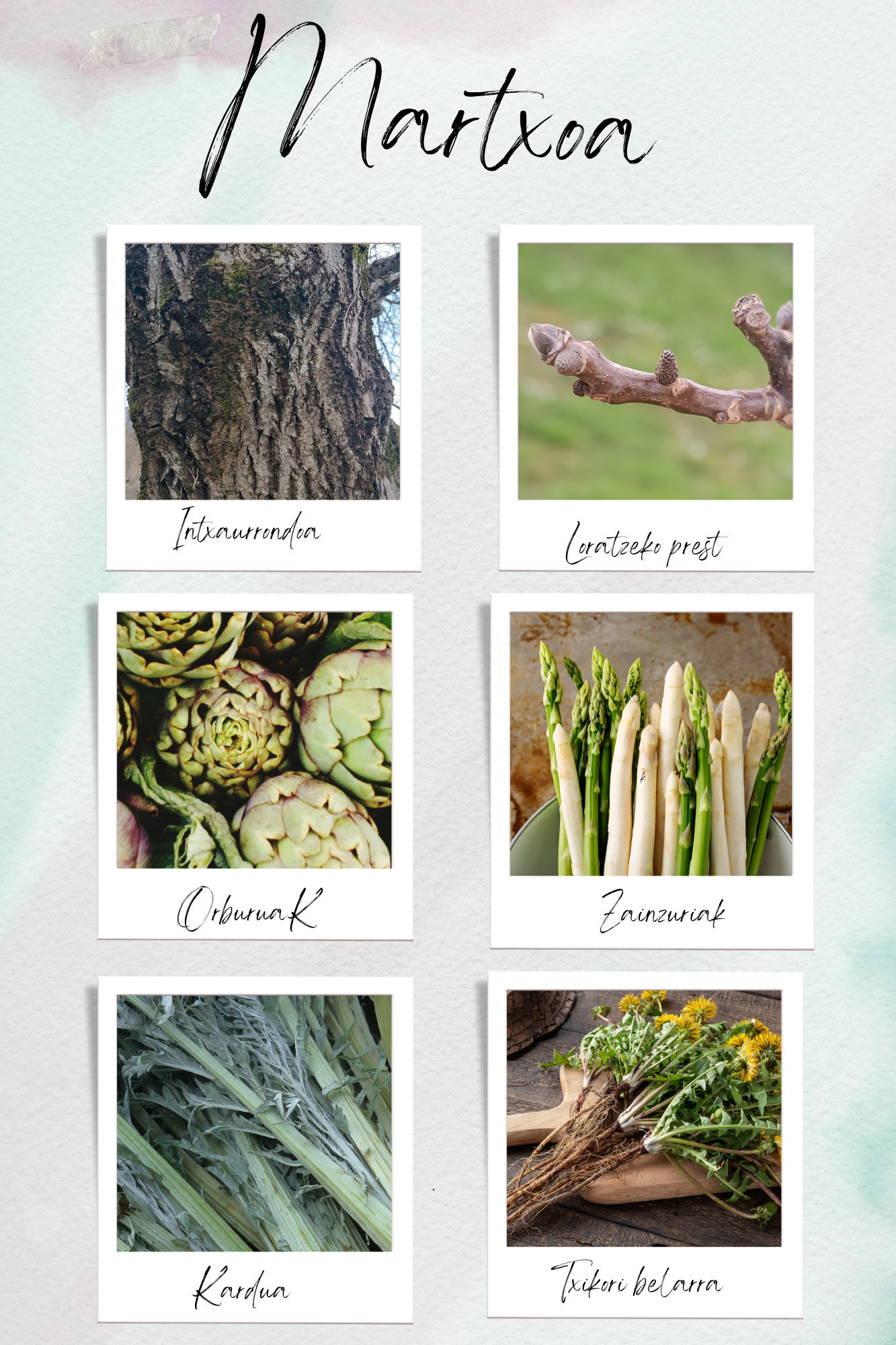Agroecological tomatoes in the Basque Country emit 38.6% less CO2 than tomatoes in Almeria
- The results of the EHNE Bizkaia study confirmed that tomatoes produced in the agro-ecological model have a lower impact on greenhouse gas emissions and, above all, on energy consumption compared to tomatoes produced in the agro-industrial model. In this sense, the fact that they are native and consume in the local commercialization routes is fundamental, as there are important differences in the stages of transformation and transport.
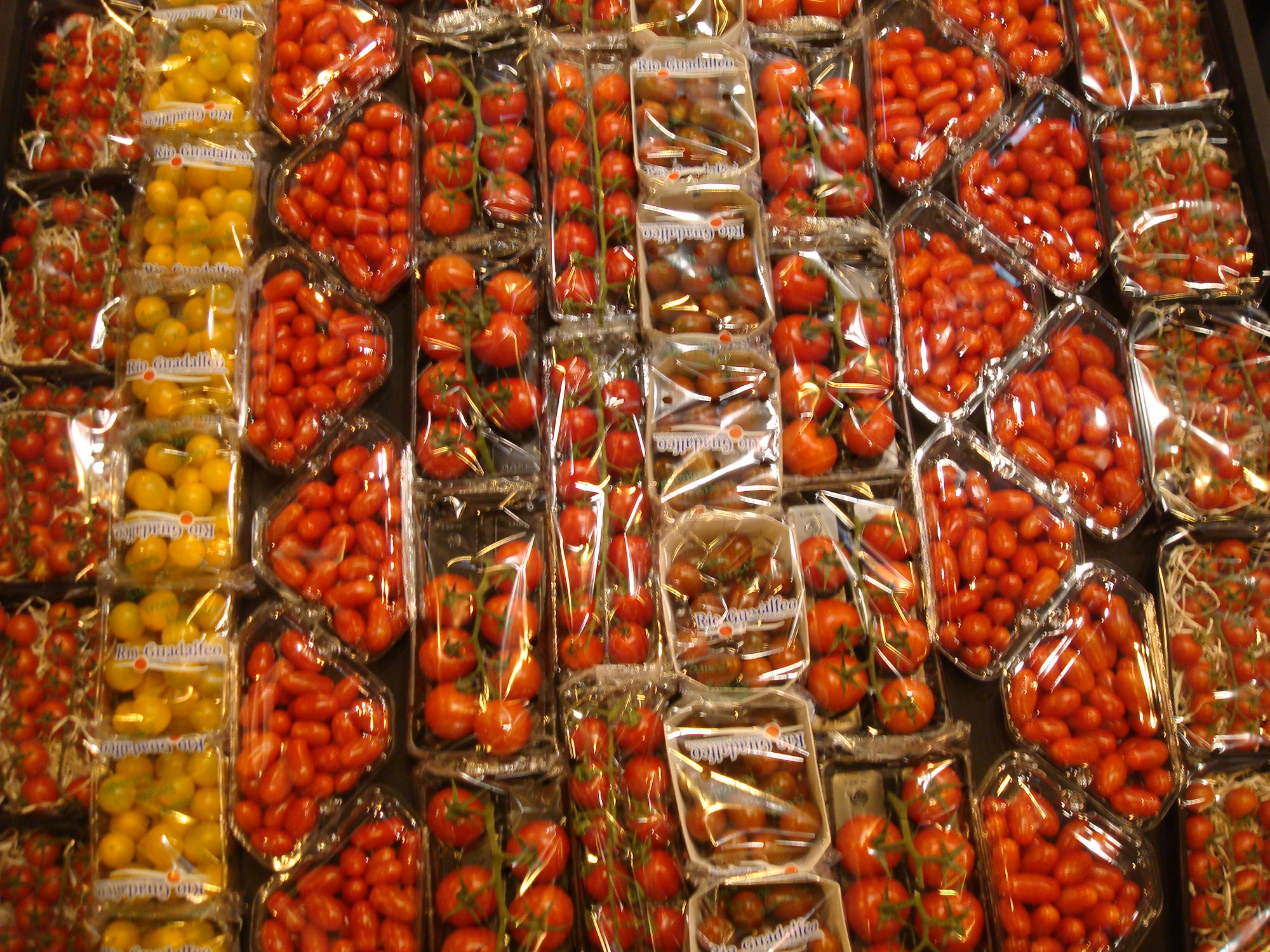
Agriculture is one of the main contributors to Greenhouse Gas (GHG) emissions that drive climate change. Food systems as a whole (production to waste) account for between 21% and 37% of global GHG emissions. However, agro-ecological models can reduce GHG emissions by 40% and offer soil carbon sequestration possibilities.
Based on these statements, we have just carried out a study with EHNE Bizkaia to compare the carbon footprint generated by agro-industrial foods we eat off-season, with the food footprint produced in an agroecological way in our environment. To do so, we have chosen a much appreciated food that is consumed off-season in Euskal Herria, the tomato – more than 80% of the tomato we consume is imported. This study measured the amounts of energy and carbon emissions consumed in the tomato lifecycle, from production to processing and transportation.
The most significant results obtained are:
Local agro-ecological tomatoes consume 46% less non-renewable energy than Almeria
• Agroecological tomatoes in the Basque Country emit 38.6% less CO2 than tomatoes in Almeria and consume 46.2% less non-renewable energy. In both cases production and transport are the links that generate the most CO2 emissions. The biggest difference between the two models is in the packaging and logistics phase, since in agroecological tomatoes CO2 emissions and non-renewable energy consumption are 91% lower than those in Almería. These differences are related to the sales model, as tomatoes produced in the Basque Country are marketed through direct selling, and being reusable packaging, the carbon footprint is drastically reduced.
• In terms of transport, GHG emissions are reduced by 60% in the local agroecological tomato. In Almeria, the trucks carry 950 km to reach the CAV and another 20 km to reach the retail market with a van. The agroecological model makes 43 km to distribute tomatoes in the consumption groups of the area. However, it should be noted that hydroponic production projects (with heating greenhouses) that intend to extend the tomato season, although located in the Basque Country, have a much higher energy expenditure and carbon footprint than the Almería models.
• In the production phase there are less differences between both models. In the agro-ecological sector, CO2 emissions are 6.6% lower than the production in Almeria and the consumption of non-renewable energy is 14% lower. This has to do with the energy efficiency of the greenhouses in Almería, as the quantity of tomato kilos per hectare is very high.
Therefore, if we are aiming to reduce GHG emissions associated with the Food System, policy decisions should promote seasonal agro-ecological food consumption and strengthen direct selling routes.
In this sense, the mandate program just presented by the Food Advisor, Amaia Barredo, raises many doubts, as although it plans to boost the generational shift of the sector, the projects that take hold in the program are the commitment to greenhouse cultivation and the development of entrepreneurship centers to promote the food industry based on new technologies.
Florentzia, 1886. Carlo Collodi Le avventure de Pinocchio eleberri ezagunaren egileak zera idatzi zuen pizzari buruz: “Labean txigortutako ogi orea, gainean eskura dagoen edozer gauzaz egindako saltsa duena”. Pizza hark “zikinkeria konplexu tankera” zuela... [+]
Udaberrian orain dela egun gutxi sartu gara eta intxaurrondoa dut maisu. Lasai sentitzen dut, konfiantzaz, bere prozesuan, ziklo berria hasten. Plan eta ohitura berriak hartu ditut apirilean, sasoitu naiz, bizitzan proiektu berriei heltzeko konfiantzaz, indarrez, sormen eta... [+]
“Hondakinik ez platerean!”. Hori zen kontsigna gure txikitako otorduetan. Janariak zeozer sakratu bazukeen, batez ere ogiak; lurrera erori eta, jasotakoan, musua eman behar zitzaion. Harik eta adin zozoan mamia baztertzeko moda etorri zen arte, lodiarazten zuelakoan... [+]
Bizkaigane elkarteak elikadura burujabetzan oinarritutako proiektua du Errigoitin (Bizkaia), 1983tik. Instalazioak dauden lur eremutik aterarazi nahi du lur jabeak elkartea. EHNE Bizkaia sindikatuak adierazi duenez, instalazioek lege eta administrazio eskakizun guztiak betetzen... [+]
Martxoaren 10etik 26ra izango da udaberriko kanpaina. 'Beste modura, denona de onura' lelopean arituko dira gertuko ekoizpena, banaketa eta kontsumoa babestu eta sustatzeko, ager zonaldean euskara hauspotzen duten bitartean. Apirila amaieratik aurrera jasoko dira... [+]
Euskal Herriko bi muturretatik datoz Itziar (Bilbo, 1982) eta Ekaitz (Erriberri, 2002), sortzen ari den Burujabetzaren Aldeko Mugimenduaren berri ematera. Euskal Herrian diren burujabetza prozesu ugariak arloz arlo bultzatu eta indartu nahi ditu BAMek. Lan horretan hasteko,... [+]
Ur kontaminatua ur mineral eta ur natural gisa saltzen aritu dira urte luzeetan Nestlé eta Sources Alma multinazional frantsesak. Legez kanpoko filtrazioak, iturburuko ura txorrotakoarekin nahasi izana... kontsumitzaileen osagarria bigarren mailan jarri eta bere interes... [+]
Emakume bakoitzaren errelatotik abiatuta, lurrari eta elikadurari buruzko jakituria kolektibizatu eta sukaldeko iruditegia irauli nahi ditu Ziminttere proiektuak, mahai baten bueltan, sukaldean bertan eta elikagaiak eskutan darabiltzaten bitartean.
Zuhaitza esnatzear dago, kimuak ageri dira adarretan. Gutxi falta da loraldirako, laster aro berria hasiko du, indarberrituta.









